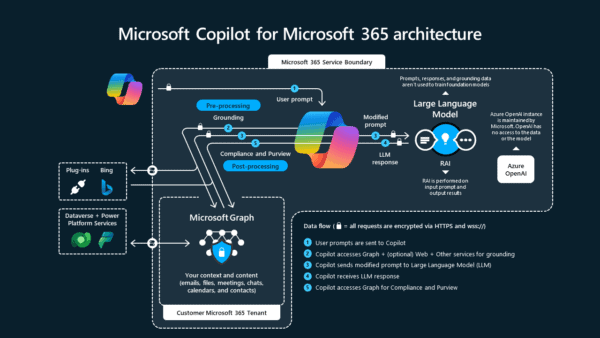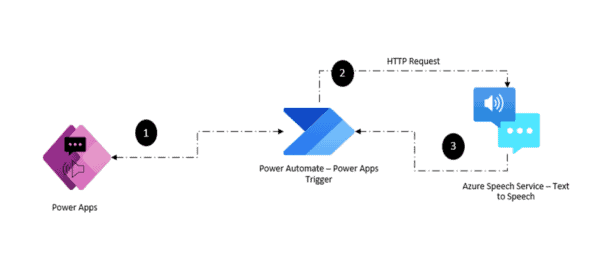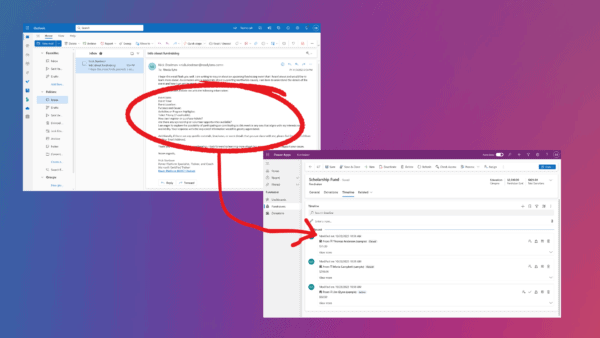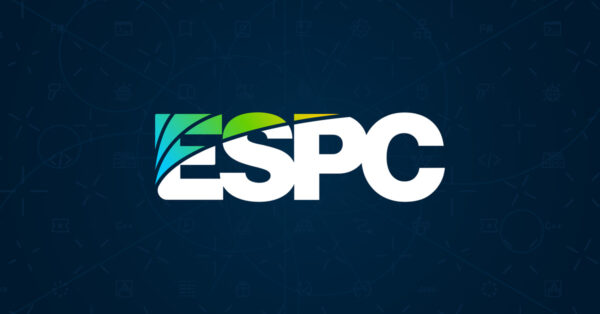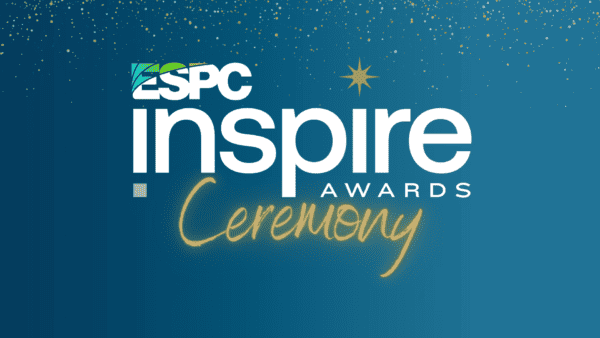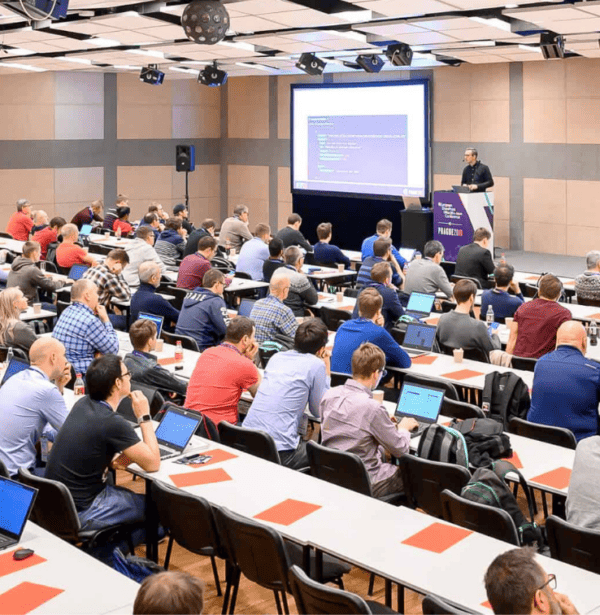As a part of Your Guide to ESPC22, we conducted a Diversity & Inclusion interview with Dennie Declercq. Dennie shared insight into autism as part of his career and work life.
Could you please introduce yourself to our readers?
I am Dennie Declercq, President, Developer & IT-Coach at DDSoft a nonprofit that I founded myself in 2015.
Since 2017, I have been speaking at tech conferences all over the world. Speaking at conferences and traveling is my big fun in life. At the moment, I am working to expand DDSoft, my business, to deliver courses about accessibility and neurodiversity at tech companies. I plan to do this internationally.
In your own words, could you explain to us what is autism?
Autism is a whole spectrum and it is always difficult to explain such a spectrum in your own words, without the scientific and official words. I will try to do this, but maybe some other people on the spectrum will yell at me… Autism is everything that other people also have, but more to the extreme. People with autism – their brain is different, so they interpret the world differently. Lots of people on the spectrum need more confirmations, more time alone, more guidelines and more structure. People with autism can experience more stress in unclear circumstances or can be stressed faster than other people. Most people with autism are introverted. I am different, I am very extroverted. Introverted people need less (sensory) stimuli, extroverted people need more (sensory) stimuli. Here I explain the introvert vs extrovert in short; there are more caveats in this. Although it’s important to say this in the beginning of this interview because some things will work very well for me and will be a complete no-go for other autistic people and vice versa.
When and how did your journey in the tech space begin?
When I was 16yo I had a friend who was a programmer. I adored him. His computer talent was blinding for me. I told him I would love to learn and he helped me on the way.
At school I learned accountancy and desk administration. I learned Excel, Word, Access but this was not deep enough for me. So, I taught myself to write software in school after hours.
In my first job I wasn’t able to do software development or tech work in general. I was unhappy at that workplace (so stressed that I got physical symptoms too) and ended up on sick benefit for a long time.
In 2012 I started as a volunteer in a coaching center for people with learning disabilities (Ithaka). I became their volunteer in house programmer for software specific for clients. In 2015 I also founded my own nonprofit as a volunteer, DDSoft. For now, just call it ‘my business’. I still visit for one half day a week to the place where everything all started for me, Ithaka.
How do you find building relationships at work?
Communication is different for people with autism, for me too definitely! At Ithaka, I have the fortune that they know how to coach people with disabilities. Coaching and clear communication is their way of thinking. Aside from some funny things I said wrong and/or understood wrong in these 10 years we always found the fun in it and had clear communication about this.
At DDSoft I am the founder of a board of 3 board members. Next to this we have one volunteer working for us but not on the board. He comes one day a week on a regular basis. When communicating with him like giving tasks, deadlines I sometimes make the mistake to project my own fears and need for confirmations, breaks… too much on him. Then he says: “Dennie give me a bit more work, and not another break.” Again communication.
It helps that autism is a thing in my nonprofit (3 of 4 members) and autism friendly communication and emphasis on safety feeling is really a thing!
Did you always feel comfortable talking about your autism so openly?
I do because I am with people for a long time in my (even not so close) surroundings. The reason is: I am different and my way of communication and behaving is different. If you can point the finger on it: “It’s due to my different working brain.” Or “can you please be in mind of my autism”, people tend to understand you better.
But as said, I am extroverted, and I like to think that fact explains something. Most of the autistic people, are introverted and find it more difficult to explain such things.
In the beginning of my career as conference speaker I only spoke about stuff that I have invented, not about my autism. But I saw there was a need for this topic in the tech and conference scene. So, I did my duty.
Do you like having autism?
Interesting question. I have autism and next to this I also have an anxiety disorder caused by PTSD. Speaking for myself: my autism is my uniqueness, my out of the box thinking. The problems that I experience are due to my anxiety disorder, PTSD.
What’s the one thing you want to say about people with autism?
Autism is a spectrum; we are not all the same. Not every autistic person is introverted and there are also people on the spectrum with additional diagnosis. Something that is forgotten too much. But I was part of the problem myself for this. With part of the problem, I mean only talking about my autism and not about my complete state of brain (anxiety, PTSD next to my autism).
What do you think is the most common misconception about autism?
Och yeah, all people with autism are introverted. They definitely don’t like to travel. Hate planes and need a lot of structure provided by their caregivers.
Hmm. Let’s say. I am not the only person with autism who likes planes and likes to travel. I need structure but I need to create it myself. If someone (like my coach, parents) would make schedule/ day structure it would definitely not work.
What challenges, if any, do you face day to day?
Maybe a bit funny…But doing my groceries is more difficult than planning a trip to the other side of the world.
I also need more confirmations, by my parents, coach,.. even as living alone. Most of the time they find it even funny or ridiculous what I am asking.
What challenges, if any, do you face at work?
Customers and communication about limits and borders. Deadlines and unclear communication/ misconceptions.
What would you like to see others doing to help those with autism in the workplace?
It’s important to split larger chunks of work into smaller tasks and not to focus too much on deadlines. Communication and explaining why something is needed is also key. In a culture where there is clear communication about limits and borders, autistic people my function better.
Lot’ s of people with autism are helped by reducing external stimuli (too bright lights, noise and smells from the coffee machine…)
What advice would you give to conference organisers, speakers etc. to help their content be more inclusive of people with disabilities?
Don’t change the agenda too much. Present a floor plan of the venue with the right names of the room. Give enough breaks in between the sessions. Have a sensory free room and give contacts details someone is caring for Code of Conduct if people don’t feel safe.
What has been the highlight of your 2022?
KCDC, going again to the US as a speaker!
Can you share a positive quote, motto etc. that you like to live by?
The one-and-only: #DreamingIsBelieving, my hashtag word by word. Dreaming (about something you want to achieve) Is Believing (that you will achieve it)!

